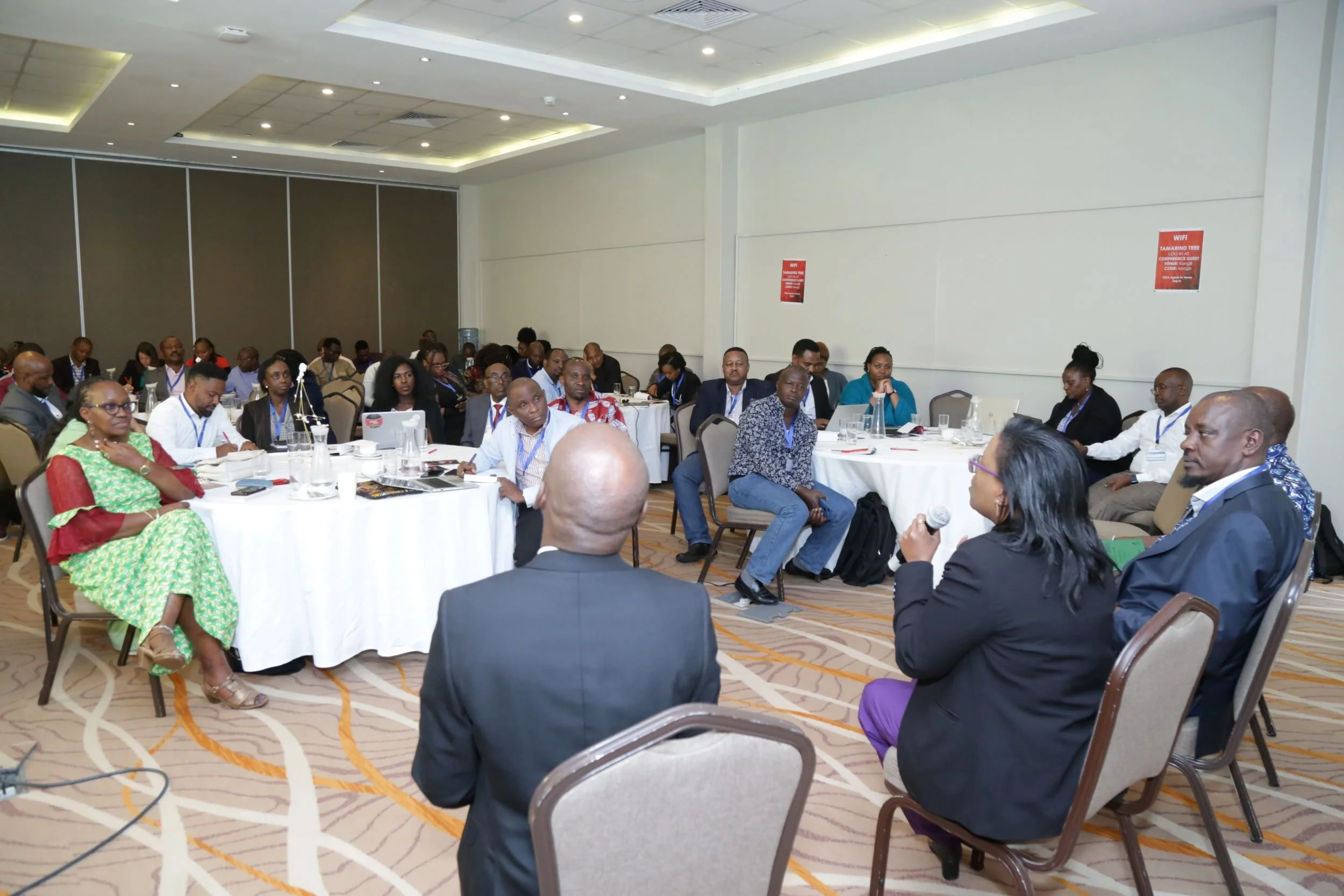On the occasion of the first Health Day at the 28th UN Climate Change Conference (COP28), they expressed their grave concerns about the negative impacts of climate change on health. We stress the importance of addressing the interactions between climate change and human health and well-being in the context of the UNFCCC and the Paris Agreement as the primary international, intergovernmental fora for the global response to climate change.
A Position Statement on Climate Change and Health for COP28
We, The Youth Cafe, recognise the urgency of addressing climate change, with Africa facing heightened vulnerability to its devastating impacts. The latest findings from the IPCC’s Special Report on Global Warming reveal that our planet is now 1.1 degrees Celsius warmer than pre-industrial levels, with projections indicating a potential 1.5-degree threshold as early as 2040. Disturbingly, each successive decade since 1850 has been more generous than the last. The escalating temperature trend driven by human-induced greenhouse emissions threatens health, food security, and economic stability. According to the World Health Organization (WHO), approximately 250,000 deaths per year may be directly linked to climate change-related issues such as heat stress, malnutrition, vector-borne diseases and water-borne diseases.
Adolescent Well-being
Adolescent well-being is a personal and societal good in its own right, and at the same time, adolescence is a critical period of the life course when many of the factors that contribute to lifelong well-being are, or are not, acquired or solidified. The direct and indirect effects on adolescents’ well-being of the coronavirus disease 2019 pandemic and the responses to it have reinforced the importance of systems being in place to support the well-being of adolescents. But what is adolescent well-being? And how do adolescent well-being and adolescent health relate to each other?
Bring The Youth On Board For An Inclusive Fight Against Malaria
Over the past two decades, significant progress has been realized in the global efforts to roll back malaria. For sub-Saharan Africa, and Kenya in particular, the fight is far from over.
According to data from the World Health Organization (WHO), Africa bears a disproportionately high disease burden, with 95% of reported cases and 96% of malaria-related deaths. In Kenya, 10, 700 lives are lost every year due to this preventable and treatable disease





